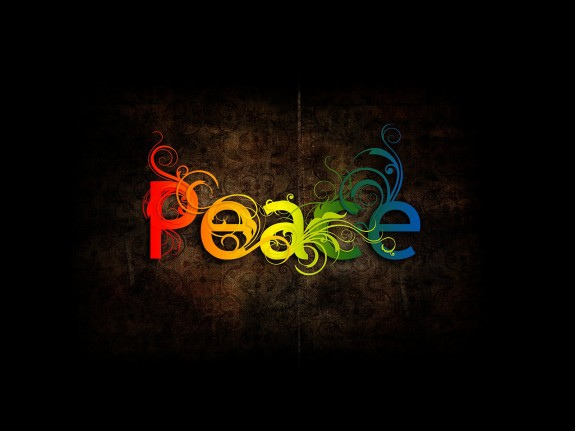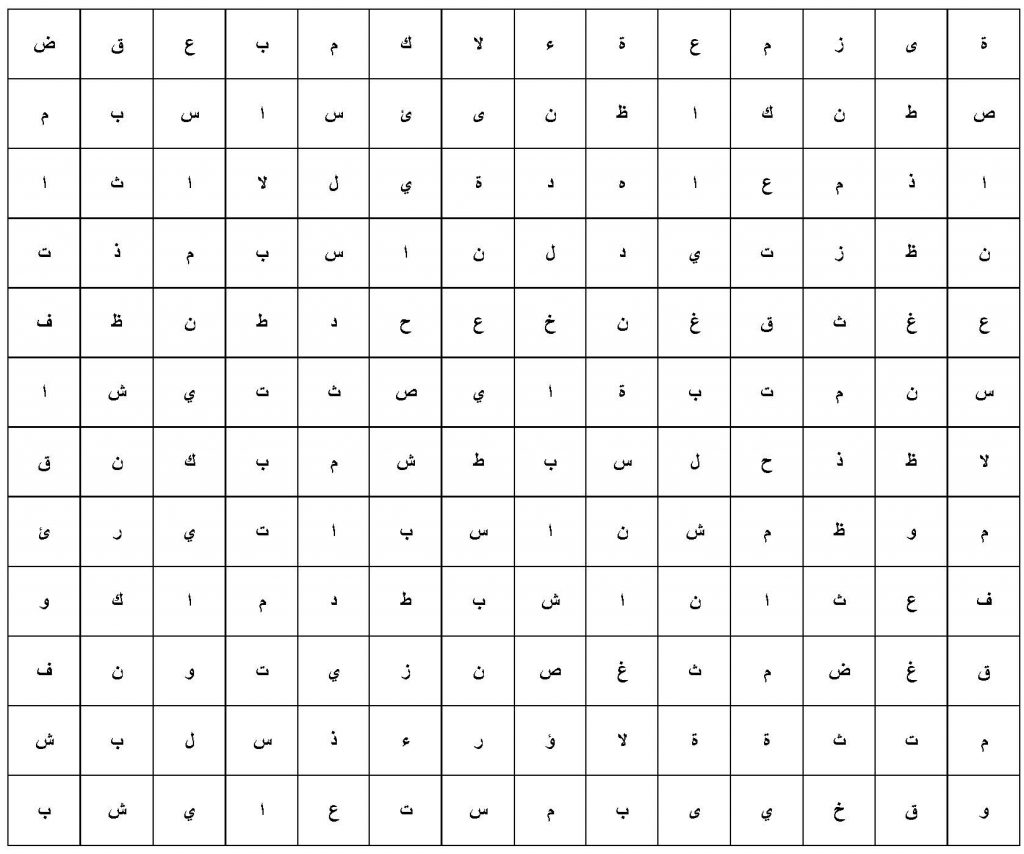Marhaba! There is always so much talk about war and peace in the Middle East, especially in the Arab world. Be it from the never-ending Palestinian-Israeli conflict to the numerous Arab-Israeli wars as well as civil wars in different countries, it seems clear that a large number of Arabs rarely encounter times of peace. Today, on a more positive vibe, I am sharing the 10 most common words about peace in Arabic.

Image by OLGA LEDNICHENKO via Flickr (CC BY 2.0)
I have added the words in a fun crossword puzzle that will help you learn in an exciting and useful way. I have also transliterated all the words so that you can learn how to pronounce them properly. As always, think of these words as building blocks. These exercises will give you a leg up when reading, writing, and speaking Arabic. I am confident you will all enjoy solving this Arabic crossword puzzle. Make sure to come back for the answers soon and for examples on how to use these words in a sentence!
Peace – سلام
Transliteration: Sa-lam
Truce –هدنة
Transliteration: Hid-na
Treaty –معاهدة
Transliteration: Mu-‘a-ha-da
Peacemaker –صانع سلام
Transliteration: Sa-ni’ Sa-lam
Olive Branch –غصن زيتون
Transliteration: Ghu-sin Zay-tun
Coexist –تعايش
Transliteration: Ta-‘a-yush
Silence –صمت
Transliteration: Sa-mit
Dove –حمامة
Transliteration: Ha-ma-ma
Security – أمن
Transliteration: A-min
Agreement –اتفاق
Transliteration: Iti-faq

For now take care and stay tuned for the answers soon!
Happy Learning!
Have a nice day!!
نهاركم سعيد






